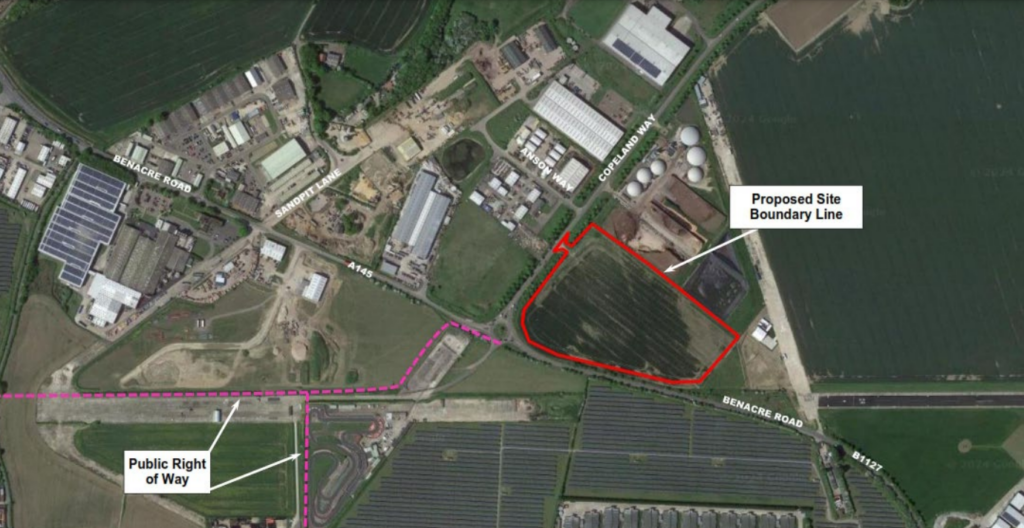Sheffield-based Civic Environmental Systems, which designed and built the aerobic plant in County Durham, said it was the first MBT system to get the accreditation under the Animal By-Products Regulations 2003.
Accreditation means the plant, in Thornley, can turn household waste including food into a soil conditioner which can be spread on pasture land.
The plant, which is run by Premier Waste Management, has operated for a relatively long time for MBT in the UK. It was opened by Tony Blair in July 2002 as a 1 million pilot funded by County Durham Environmental Trust.
“Advanced”
Peter Lowe, Civic Environmental Systems' managing director, said: “This is the most advanced MBT system operating in the UK.” He claimed it had diverted 60-65% of municipal solid waste treated away from landfill and added: “We reckon we were the first to get MBT working. We have got a track record now. From two years of operating we know how much it costs, how often it might need repairing and how to operate it.”
Mr Lowe said the plant had processed just under 8,000 tonnes of municipal solid waste per year, but has the capacity to process 12,500 tonnes a year. The resulting material has been stockpiled since it opened while waiting for DEFRA accreditation. It will be used for landscaping projects.
The system first shreds the waste and sends it through a multi-stage batch processing system which controls air, moisture and agitation to rapidly digest biodegradable material. The materials are then screened to remove metals, non-organic materials and glass.
Cost
Mr Lowe said the cost of a 100,000 tonne full-sized plant would be between 12 and 15 million.
DEFRA tests will continue on every batch of compost produced from the plant until early March. Full approval is expected by mid-June.
A spokesman said: “Over the coming months, work will continue with scientists at Newcastle and Durham Universities to further explore the potential uses for the soil conditioner, including brown-field redevelopment, synthetic soil production and a range of other applications.”
The University of Sheffield is also doing trials to develop uses for more contaminants, with the aim of achieving more than 90% landfill diversion.











Subscribe for free